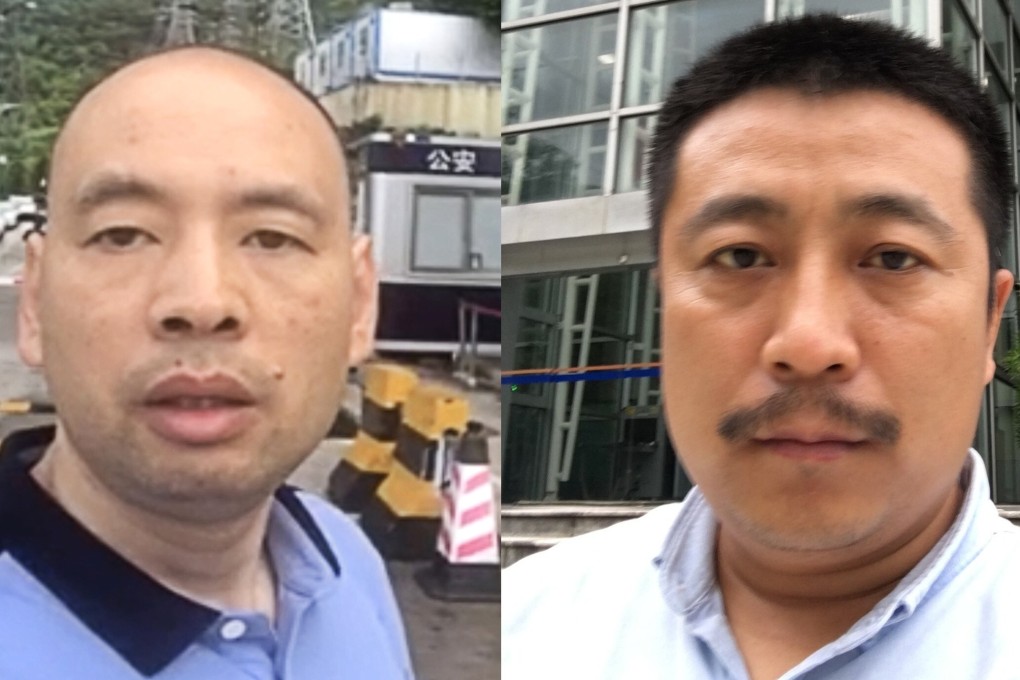Beijing’s move to disbar lawyers in Hong Kong fugitives case sends a chill through mainland human rights circles
- Two lawyers say officials pressured them to quit their case, refrain from speaking to media
- Fewer mainland lawyers willing to take sensitive cases following harassment, crackdown

Judicial officials turned up at their law firms with letters saying the two human rights lawyers’ practising licences were being revoked.
Last December, 10 of them were given jail terms of seven months to three years, while two who were underage were handed back to Hong Kong police.
Looking back, Lu and Ren told the Post they were shocked not only at being disbarred, but also by the threats and pressure they endured while doing their job providing legal representation to individuals facing trial in mainland courts.
The mainland’s network of civil-rights lawyers has long been used to harassment by police and being invited to meet government officials, but Lu and Ren said they were subjected to an unprecedented level of pressure throughout the four months they were involved with the Hong Kong fugitives’ case.

02:55
Ten Hong Kong fugitives captured at sea jailed for up to three years on Chinese mainland